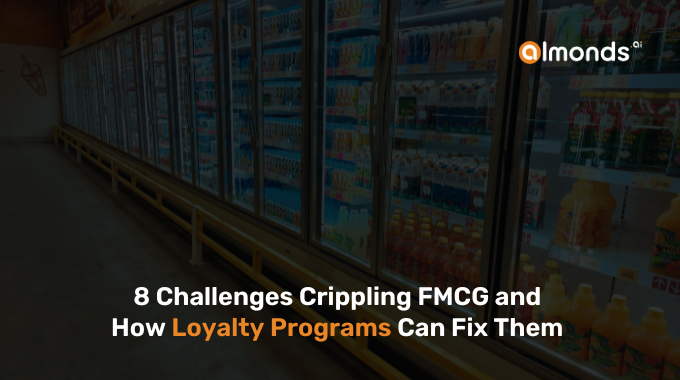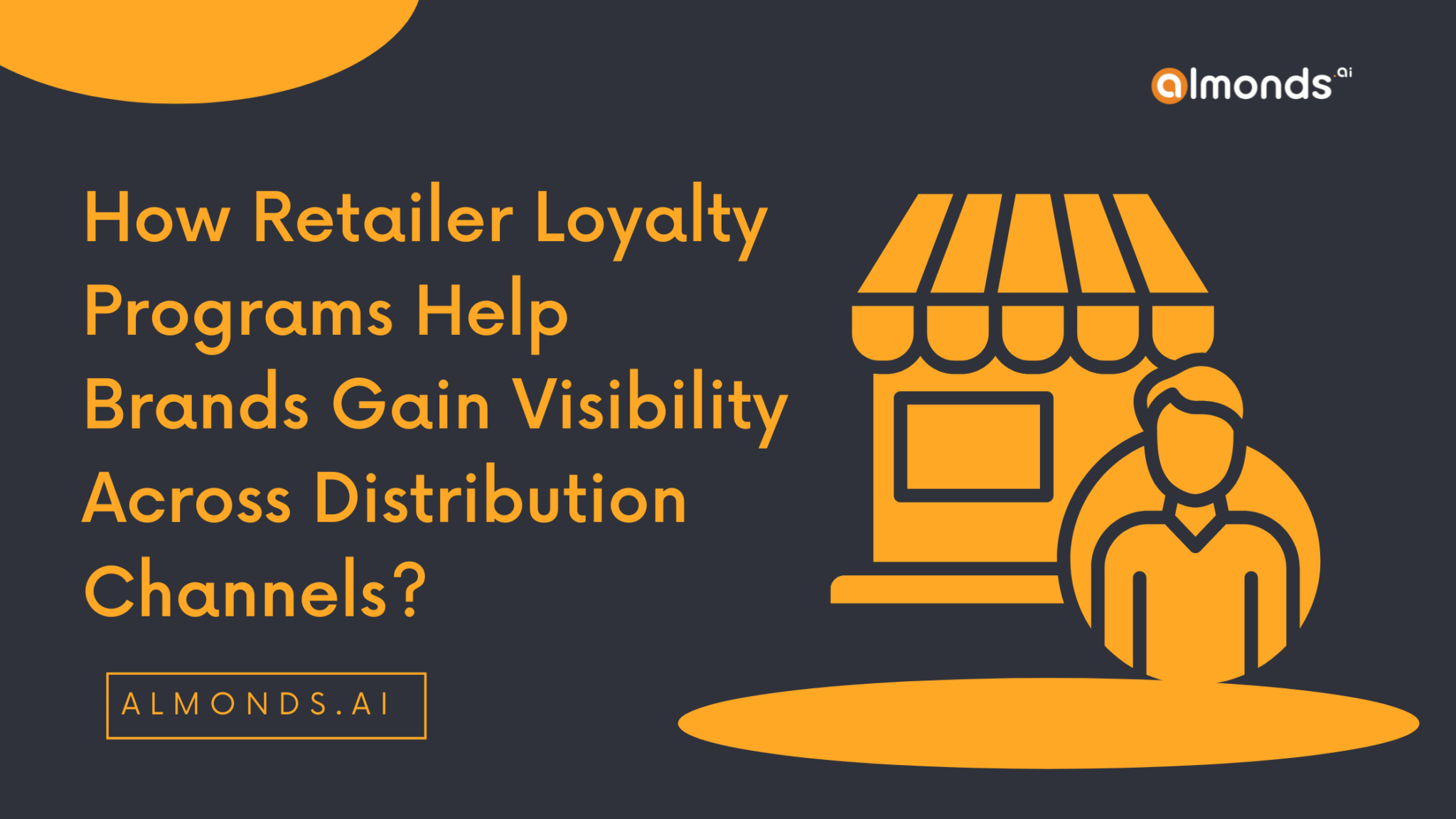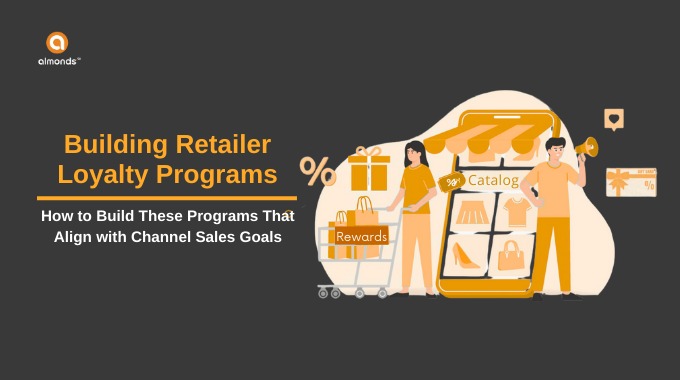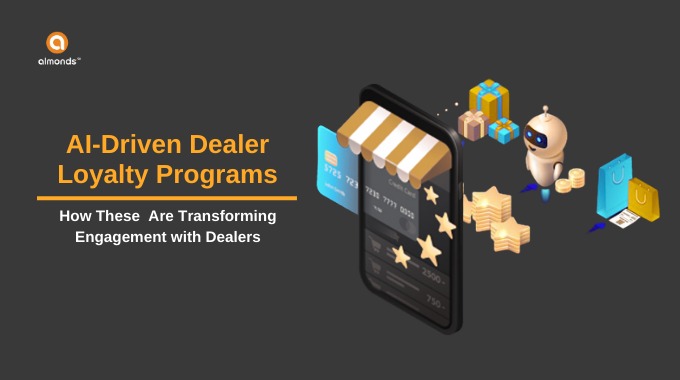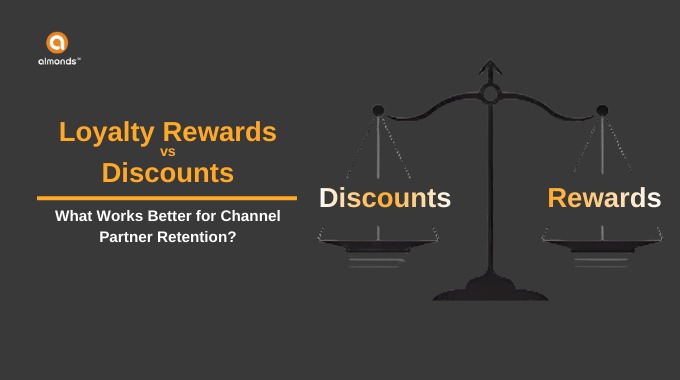The FMCG sector is currently undergoing a significant transformation by harnessing innovation and technology to elevate customer service and spur growth. Despite these positive strides, challenges persist within the FMCG sales process. These challenges encompass a spectrum of issues, including optimizing retail execution, adapting to the dynamics of e-commerce, enhancing supply chain efficiency, managing big data, implementing sales automation, integrating the Internet of Things (IoT), and addressing sustainability concerns.
Navigating this landscape requires strategic solutions that strike a balance between adopting technology and overcoming the specific hurdles unique to the FMCG sales industry. It is essential to ensure a seamless transition into the future while effectively addressing the distinctive demands of the sector.
In this blog, we’ll delve into FMCG challenges, exploring nuances and offering strategic solutions for businesses to thrive amid technological shifts. Discover how loyalty programs can be the industry’s savior, fostering growth in this era of innovation.
So, let’s start with the challenges that the FMCG sector:
Challenges FMCG Industry Faces
1. Retail Execution
Effectively executing retail strategies poses a significant challenge for most Consumer-Packaged Goods (CPG)/Fast-Moving Consumer Goods (FMCG) companies. Research indicates that over 20% of total sales opportunity is lost due to execution issues by channel partners, putting products at risk of removal from retail shelves.
2. eCommerce Surge
The shift to an online-first business model, accelerated by the pandemic, presents challenges for FMCG brands with extensive store networks. Distributors face complexities in managing orders from multiple channels and ensuring adequate stock availability for efficient delivery to last-mile retailers.
3. Fragmented Supply Chains
Maintaining stable supply chains is crucial, but many brands struggle in this regard. To meet customer and channel partner expectations, strategic investments in supply chain infrastructure are necessary, ensuring lively and efficient operations.
4. Big Data Overload
The FMCG industry grapples with a data explosion from various sources. However, a substantial portion of the generated data is irrelevant. Organizations need to smartly focus on acquiring only relevant data to manage information costs effectively.
5. Sales Automation
In the digital era, sales automation through digitalization is crucial for brands, surpassing traditional practices. Labor shortages and evolving communication barriers emphasize the need for efficient and productive sales force automation.
6. The Internet of Things (IoT)
Global interconnectedness through information dissemination poses challenges and opportunities. Brands need to adapt smart strategies to effectively engage with a global audience, leveraging the potential of IoT while being mindful of its implications.
7. Environment and Sustainability
Establishing consumer relationships requires showcasing sustainability across all operations. Sustainability is perceived as a fundamental requirement, and brands need innovative solutions to offset rising costs.
8. Ageing Consumer Base
FMCG faces the task of satisfying diverse age groups, from seniors to millennials. Adapting strategies, embracing digital transformation, and ensuring accessibility to offerings are crucial to remain relevant across age demographics.
Overcoming Challenges through the Loyalty Programs
In the world of FMCG, challenges meet with the strategic embrace of loyalty programs. These programs prove to be the dynamic force needed to triumph over obstacles. Let’s see how loyalty programs seamlessly intertwine with key challenges, turning them into opportunities.
1. Digitization: Loyalty in the Tech Wave
It becomes a loyalty program ally. By incorporating technologies like AI and data analytics, loyalty programs empower brands to navigate the digital landscape. Automation not only enhances operational efficiency but also allows loyalty programs to provide personalized solutions, meeting the unique needs of consumers and channel partners.
2. Mass Personalization: Tailoring Loyalty
As FMCG shifts from mass production to mass personalization, loyalty programs align perfectly. They adapt to the intimate and personal nature of products. These programs play a crucial role in tailoring rewards and experiences based on individual preferences, reinforcing a sense of connection and value. For example, the Gift of My Choice program By Almonds Ai. It gives the option to channel partners to pick their festival rewards as per their wishes.
3. Equality in Multichannel: Loyalty Across Channels
Loyalty programs ensure fairness across multichannel experiences. By maintaining consistent benefits, promotions, and rewards, these programs bridge the gap by enhancing channel partner engagement and streamlined feedback process. This approach fosters trust and satisfaction among a diverse channel base, ensuring loyalty program benefits are consistently experienced.
4. Superior Quality Control Using Business Intelligence: Loyalty to Quality
Loyalty programs extend their influence on quality control through Business Intelligence (BI). By leveraging BI systems, loyalty programs assist FMCG companies in maintaining product quality. This ensures customer satisfaction, a key element of loyalty. Thus, it becomes integral to enhancing quality control measures and overall customer experience.
5. Agile Business Models: Loyalty in Adaptation
As FMCG brands experiment with new delivery models, loyalty programs adapt to changing customer needs. By tailoring rewards to align with evolving preferences, loyalty programs contribute to the success of agile business models. They ensure customer loyalty amid market changes, allowing FMCG companies to stay competitive.
Navigating FMCG Success
In the dynamic realm of FMCG, challenges spark innovation and strategic solutions. From refining retail execution to embracing digitization, personalization, and agile models, the industry charts a course for triumph
Facing challenges head-on becomes an opportunity for innovation. Decisive strategies, adaptability, and a consumer-centric ethos pave the way for resilience and growth. In navigating this transformative journey, FMCG brands find not roadblocks, but steppingstones toward unparalleled achievements in a future marked by innovation, sustainability, and consumer value.
